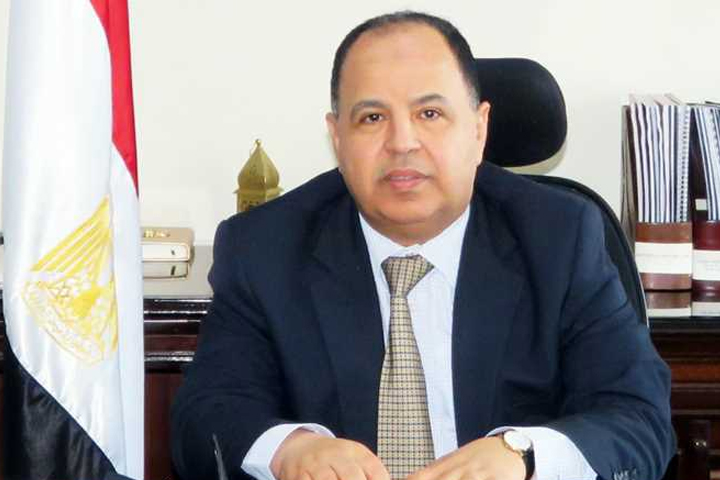
Egypt's Finance Minister, Dr. Mohamed Maait, expressed confidence in the economy's return to stability. He attributes this to the government's successful implementation of: Flexible and balanced financial policies that strengthen “public finances” and achieve discipline, and the structural reforms across key sectors to attract private investment.
These measures aim to achieve sustainable, private
sector-led economic growth, creating more jobs and improving living standards
for citizens.
Maait highlighted positive revisions from credit rating
agencies “Fitch, Moody's, and Standard & Poor's” regarding Egypt's economic
outlook. This aligns with the World Bank's growth projections of 4.2% for the
next fiscal year and 4.6% for 2025/2026, which are in line with the
government's targets.
The minister emphasized the success of the government's
"corrective measures." Public finance indicators at the end of June
2024 show improvement, with projected GDP growth of 2.9% for the current fiscal
year, rising to 4.2% in 2024/2025. Additionally, a primary surplus of 5.8% of GDP
is expected, compared to 1.6% last year.
Maait elaborated on the economic outlook, acknowledging
challenges like inflation, interest rates, and currency fluctuations. However,
he expects the total deficit to decrease to 3.9% by June 2024 compared to 6%
the previous year.
He attributed this improvement to several factors: increased
public revenue which are expected to reach 2.6 trillion pounds, driven by
the success of the "Ras El Hekma" deal and improved tax collection
efficiency, and expanded tax base and fairer competition where measures to
combat tax evasion and create a level playing field for investors are expected
to boost tax revenues to 1.6 trillion pounds.
Despite these gains, public expenditures are projected to rise to 3
trillion pounds due to increased spending on debt service, social programs,
wages, healthcare, and education.
Dr. Maait highlighted ongoing efforts to improve Egypt's
public debt management strategy. The goals include: reducing debt-to-GDP ratio to
90% by the end of the current budget year, down from 95.8% last year, setting
a ceiling for government budget debt at 15.1 trillion pounds and a ratio
of 88.2% for the next fiscal year, aiming to reach below 80% by 2027, and extending
the average debt maturity to 3.2 years by June 2024 to ease financing
pressure.
He highlighted key achievements in the recently released
budget performance indicators (July 2023 - May 2024): increased spending on
education and healthcare: Despite global challenges, education
received 226 billion pounds (20% growth) and healthcare received 156 billion
pounds (31.9% growth). Social safety net strengthened: Spending on
support, grants, and social benefits rose to 467 billion pounds (26%
growth) to lessen burdens on vulnerable groups. Public sector pay rises: Wages
increased to 467 billion pounds (27%) following the latest pay package for
government employees. Food subsidies and social programs: Support for food
commodities reached 119 billion pounds, and spending on "Takaful and
Karama" programs grew by 52% to 32 billion pounds. Pension commitment: The
Treasury paid 185 billion pounds in dues to the Insurance and Pensions Fund.
Dr. Maait noted a decrease in state-funded investments by 8% (reaching approximately 179 billion pounds) from July to May of last year. This strategic move aims to create more space for private sector investment.





